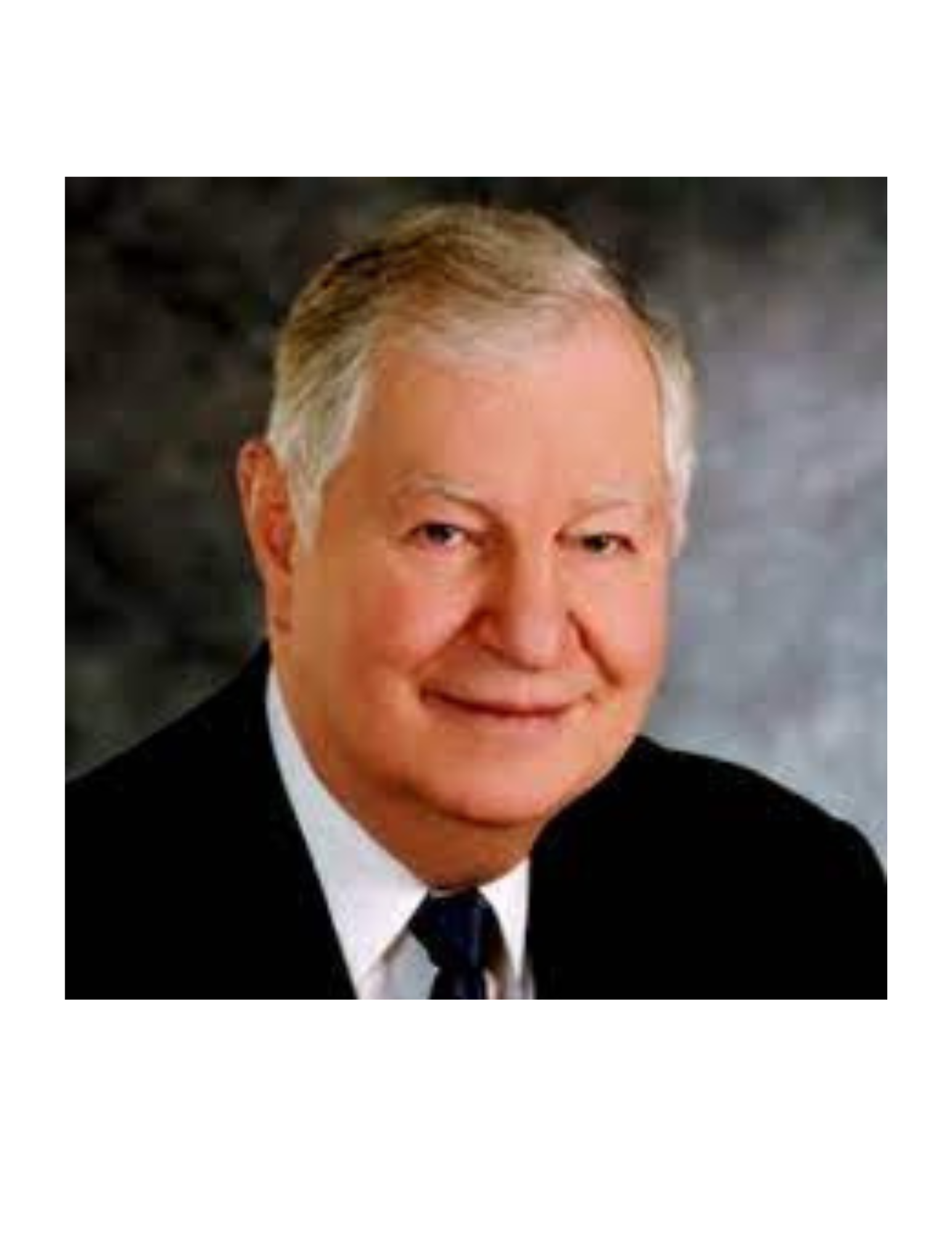Practical Stewardship Helps
Practical Stewardship Helps
In another blog, I wrote on the “why,” behind healthy stewardship. But this week on the podcast, we learned the “how” of Stewardship with Rick Wheeler from Stewardship Simplified (Florida Baptist Financial Services). On the podcast, Rick helped us understand how a Replanter or Revitalizer who has few resources can take practical steps to manage a church well for the glory of God.
Prioritizing Our Roles
When it comes to understanding the roles and titles that many of us carry, it helps to create a distinction between our job descriptions and our role as Christ followers. Before I am an Associational Mission Strategist, and before you are a pastor, \ leader, or bi-vocational worker, you are first and foremost a follower of Christ.
As followers of Jesus Christ, we carry roles that take predominance over our job titles. For example, Paul tells us in Colossians the primary roles of those who have “been raised with Christ” (3:1-14).
I reference this because as Christ-followers, we must understand what it means to be a steward, even before we seek to become the best pastors, leaders, and teachers that we can be. The title of “Steward,” has biblically been given to you as a follower of Christ, before becoming a pastor. I can say this with certainty simply due to the qualifications that Paul gives to Timothy and Titus in 1 Timothy 3:4-5. Paul addresses the topic of stewardship when he says, “He must manage (steward) his own household well, with all dignity keeping his children submissive, for if someone does not know how to manage his own household, how will he care for God’s church?”
This is why the topic of stewardship is so important for us to understand. Before Paul gives Timothy “Instructions for the Church,” (1 Timothy 5:1-25) he gives the “Qualifications for Overseers” (1 Timothy 3:1-7).
Insights for Practical Stewardship
 Stewardship is not simply money management. As Rick said, stewardship is not about fund-raising, but Jesus following. Stewardship is the God-honoring management of resources as an obedient and a faithful disciple of Jesus. The Bible talks about stewardship and money in almost 2,350 verses, and in 11 parables, Jesus deals with money in some way or fashion. However, as biblically important as this topic is, many people know so little about it.
Stewardship is not simply money management. As Rick said, stewardship is not about fund-raising, but Jesus following. Stewardship is the God-honoring management of resources as an obedient and a faithful disciple of Jesus. The Bible talks about stewardship and money in almost 2,350 verses, and in 11 parables, Jesus deals with money in some way or fashion. However, as biblically important as this topic is, many people know so little about it.
Preach and Teach Regularly on Stewardship
I personally know some pastors who joke around about having a “tithing sermon” once a year where they talk about giving. But if the Bible talks about it so much, shouldn’t we? The reason why this topic is so important is because stewardship is related to the first commands that God gave to humanity. He told Adam and Eve to “Fill the earth and have dominion over it…” (Gen. 1:28). God wanted Man and Woman not to just multiply and fill the earth, but to have some type of control or management over what He was giving to them.
This act of love from God theologically sparks my interest because from this one command flows the rest of creation’s responsibilities. Even when they were banished from the garden, their role remained. Yet, it was now marred with sin and broken. Only through Christ can we recognize the best way to steward: for God’s glory. Preach and teach regularly on the topic of stewardship, because we have a short life on Earth and we are called to manage it, and all our resources well. If we do this, we will make the conversation normative in our churches.
Ensure Appropriate Control and Accountability
If you trace back a church’s factors of decline and look into their history, you’ll find that most churches have had arguments related to finances. Churches in our community have had major church splits due to preference on managing finances. Often, these conflicts occur because there was inappropriate control over those finances. Dual control means that any time finances are being handled or dealt with, you have at least two sets of eyes on it. Checks have two signatures, and all the way through the financial process there are multiple eyes on the movement of money. 
A team at our Association had to look into a church that had closed down several years ago and what we found in its history and in interviews from former members was uncanny. The church had two CD’s (Certificate of Deposits) worth about $20,000. The church badly needed a new A/C system throughout the church, but at that time, the secretary was forcibly removed (through a secret church vote) due to a manipulating church member. Then, when someone else stepped into the role ofa secretary, she and her husband decided to use that $20,000 to buy a new tractor to keep on the church property. WOW! Yes, this is a true story. And yes, this could have been avoided if there was dual control, with multiple eyes on the movement of money.
Bring in an Outside Voice
Another thing that can help is to bring in an outside voice to help work with your church and provide some training and resources. Thankfully, there are people who do this type of work professionally, and have a lot to bring to the table. As a pastor, you are also the handler of a 501(c)(3). This doesn’t have to be complicated, if you’re willing to bring in some help. These outside voices can help assist your church in setting policies and practices, and some can even analyze your budget and provide recommendations. I’ll list some financial resources at the bottom of this page for more information.
Communicate Structure to your Congregation
 As a leader, one way to help communicate with your congregation is by setting some time in place where they can hear about these structures. When I was a member at Imago Dei Church in Raleigh, we would have monthly Member’s Meetings. During these Sunday-afternoon meetings, we would welcome new members, celebrate ministries in the church, do any business related to church discipline, and also have a financial report. The way the financial report was communicated was exciting, because the pastors brought a lot of zeal to our meeting. This is a great way to regularly communicate with your church.
As a leader, one way to help communicate with your congregation is by setting some time in place where they can hear about these structures. When I was a member at Imago Dei Church in Raleigh, we would have monthly Member’s Meetings. During these Sunday-afternoon meetings, we would welcome new members, celebrate ministries in the church, do any business related to church discipline, and also have a financial report. The way the financial report was communicated was exciting, because the pastors brought a lot of zeal to our meeting. This is a great way to regularly communicate with your church.
Another way to do that is in a New Member’ class at your church. For new church members to understand the function and mission of the church, they also need to understand how their church functions not just as a ministry, but as an organization. Take significant time in your New Members’ class to go over your financial structure.
Understand Your Budget
The last way you can apply practical stewardship in your church is by helping members understand the function of a budget. So many have misconceptions about the budget. According to Rick, your budget should be a goal, a guess, and a guide. A goal: your budget is something you are leaning toward. We have to intentionally make our budget faith-oriented, and know that our largest expenditures are ministry-related. A guess: your budget should not be set in stone to the point where flexibility is impossible. There should be some leeway in your policies for the budget to be adjusted as needs come available. Lastly, a guide. The budget helps you know your boundaries and it serves as a guide. But overall, your budget should not be a god. Don’t make an idol out of your budget, but use it to benefit the ministry of the church.
For more information on this topic and to check out Stewardship Simplified, click here. For years, Dave Ramsey has been a leading voice on finances not only for regular Christian living, but for church assistance. See this page for information on solutions for a church with a lower budget. There are a myriad of financial resources online, but my encouragement would be to touch base with your Associational Director, or connect with NAMB resources for help and ideas.















